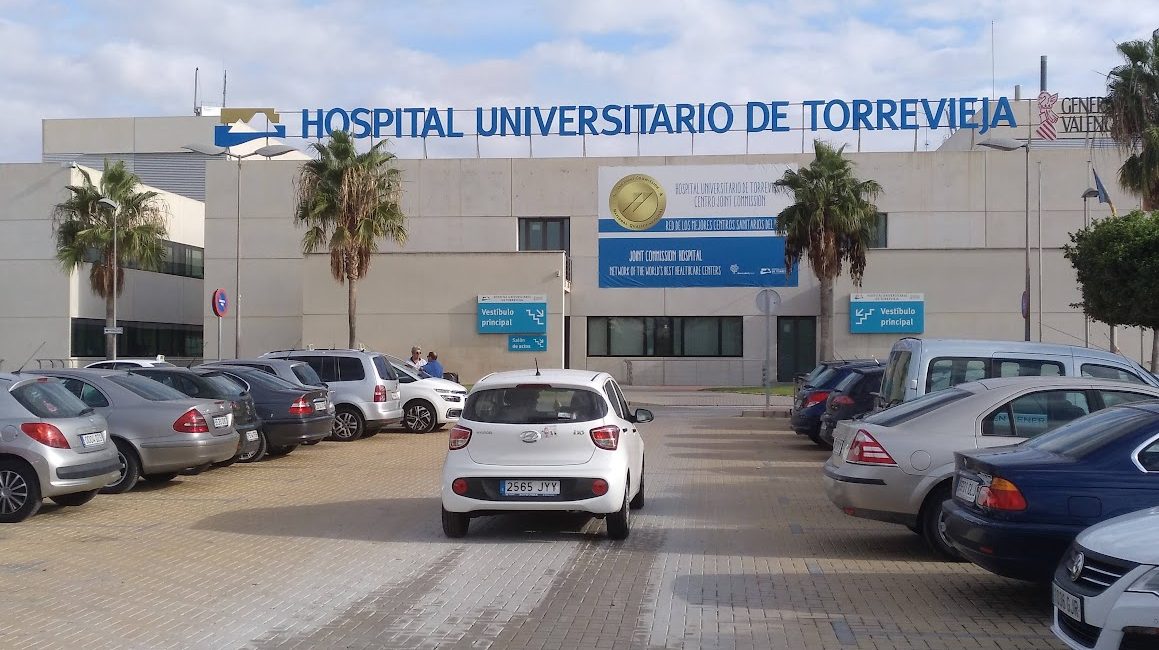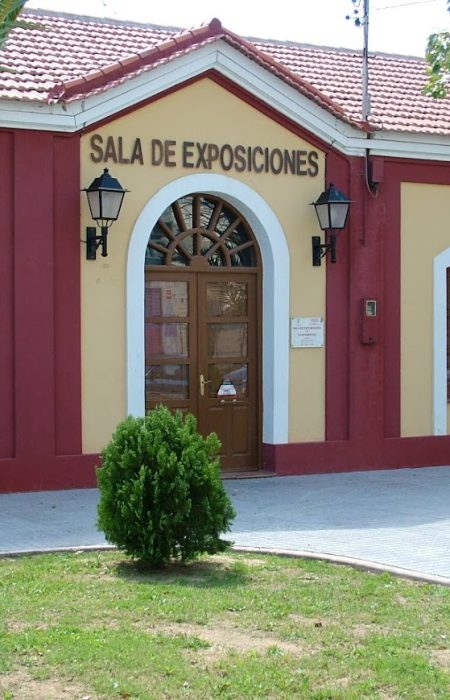The Torrevieja department’s 2023 budget was 218,988,509 euros, which, when divided by the total number of residents, results in 1,026 euros spent on health care per resident. But the actual numbers are different. The sum is lowered to 900 euros when the unregistered population is taken into account. Official figures show that the Valencian Community’s average per capita health spending in 2025 was 1,586 euros, the fourth lowest of all the autonomous communities.
As a result, health spending is 560 euros less than the average for Valencia based only on the census population. “A flagrant injustice,” the Platform for 100% Public and Quality Health, which continues to organise to call on the Generalitat to take action to address this disparity, publicly denounced.
Riches
Because of the residential tourism industry, they believe that Vega Baja is one of the areas that contributes the most to the community’s prosperity. This action promotes ongoing population expansion. With 390,228 residents in 2024, the area has grown by 58.5% over the previous 25 years.
In practice, the substantial volume of seasonal, unregistered people throughout the year is added to the total of 213,500 registered residents in the department of Torrevieja. The Health Department’s own 2023 management report, which was the most recent to be published, states that during the summer, this number triples and surpasses three quarters of a million residents. Since November 2021, when the Generalitat acquired direct authority of the region, the protected population has continued to increase.
Not enough
The group claims that this is the reason why the public health system is unable to adequately address needs, “which causes long delays in waiting lists for both primary and specialised care, as well as for surgical operations,” and why the most serious patients are referred to private facility. a practice that results in private health centres offering up to six distinct options to the same patient.
The group claims that during the past 15 years, Ribera’s private management has placed a heavy strain on the department. An “obsolete and insufficient” primary care network, a hospital without a pathological anatomy laboratory that just opened, the lowest bed-to-population ratio, a lack of space for warehouses, consultations, and medical departments, a private computer system that is still in use today, and a lengthy string of labour disputes over the suitability of subrogated labour personnel in the public system are just a few of the significant flaws that were “revealed” by the reversal three years ago.
Privatisation
In 2023, the former Botànic government allocated 17.3 million euros for hospital and health centre emergency repairs. According to the same source, the new PP Government lowered investments to 1.1 and prolonged the deadlines for completing previously planned projects to the conclusion of the legislative session. Three months ago, this platform, which had almost 6,000 signatories, approached the Valencian Executive to ask for more funding for the department. In order to directly communicate these demands to the minister, it has also asked to meet with him.
Platform spokespersons Manuel Gómez and Eva Delafuente claim that the public network’s saturation serves as “the breeding ground for the proliferation of business initiatives for the private health network.” They claim that it is contradictory that while Vega Baja towns run by the PP, the same party that controls the Consell, do not call for an increase in the public health budget, investment in the public network is prohibited. Regarding the private hospital that Ribera has suggested in Orihuela Costa, they state that “they look very favourably on the proposal of private initiatives in the heat of the public.”









No Comment! Be the first one.